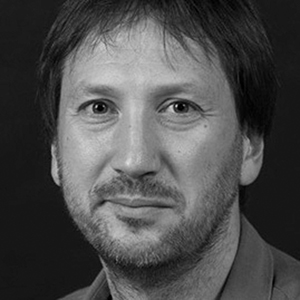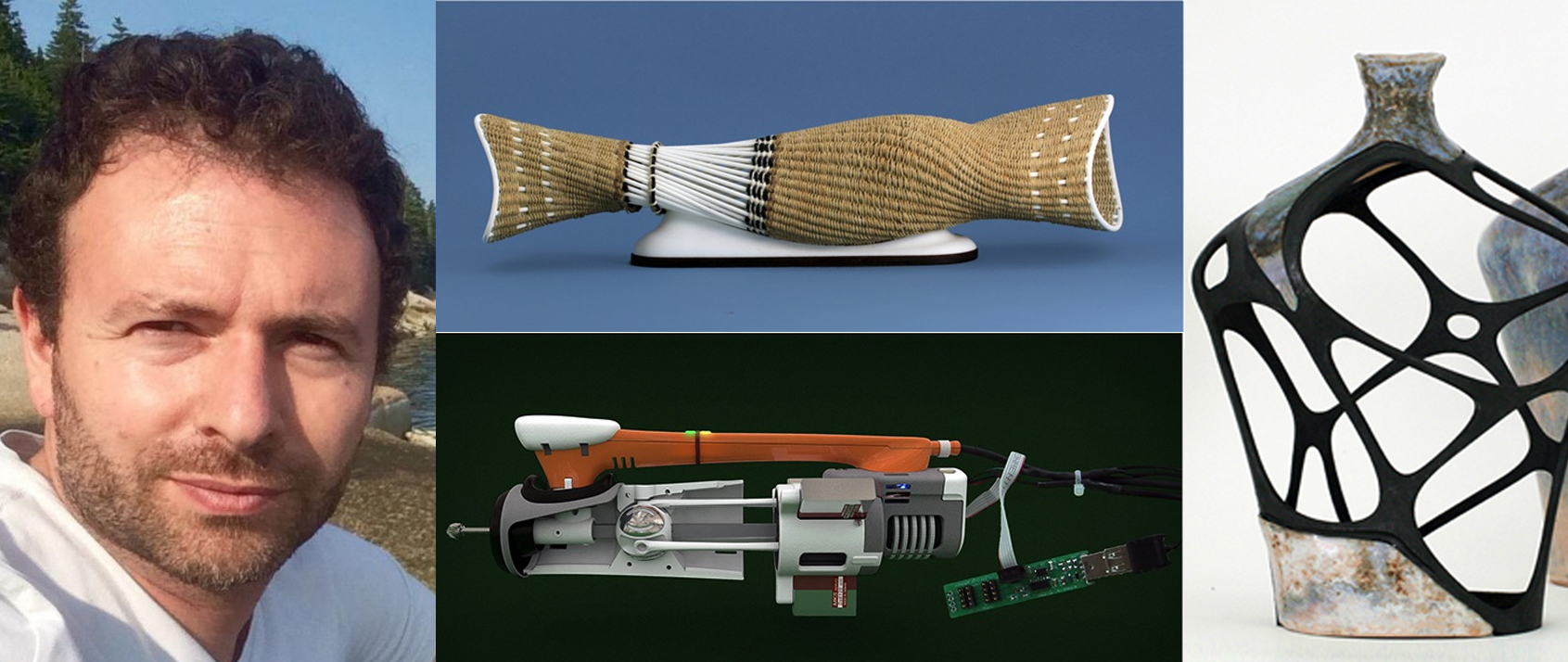

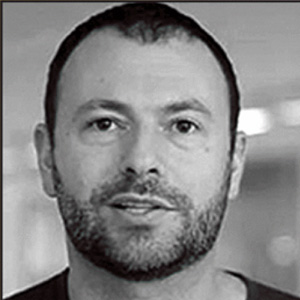
“The potential to merge design, making, and computers using digital fabrication has attracted me since I first got familiar with these technologies. I think I always wanted to be a craftsperson, and today I can feel a bit like one by using digital fabrication tools."
"I hope more makers, researchers, designers and scientists will explore the hybrid territories—territories that seek integration of the old with the new, rather than replacing it. I truly believe that innovation, while important, is limited and can’t serve as a source for instant cultural values. Culture is important and complex; let’s respect it and find a place to preserve what we did in what we do."
Amit Zoran holds a Ph.D. and a M.S. in Media Arts and Science from the MIT Media Lab, a M.Des. in product design from Bezalel, the Israeli Academy for Art and Design, and a B.Sc. in Communication System Engineering from Ben-Gurion University, Israel. He leads the Design Hybrids Lab at Hebrew University of Jerusalem, School of Computer Science and Engineering.
In the Design Hybrids Lab we focuse on digital design, craft and fabrication, and human-computer interaction (HCI) research. We study the design and implementation of hybrid solutions, merging contemporary (and digital) design and fabrication capabilities within traditional making disciplines. We learn the ethnographic aspect of making and creativity, investigating how traditional symbolic practice can contribute to new design and fabrication research to empower today’s creative practices. The lab is facilitated with digital design and fabrication tools and materials, craft studio, tracking devices, and an electronic prototyping workshop.
http://amitz.co/
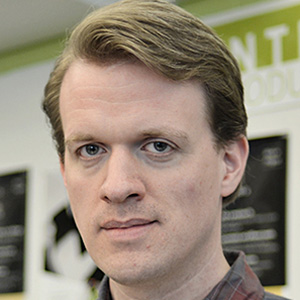
James Hallam is a Ph.D. student and instructor in the School of Industrial Design at Georgia Tech. He teaches in the Interactive Product Design Lab, where he covers interactive prototyping, technical skills, design process, and storytelling. His research is focused on wearable technology and stroke rehabilitation – looking at the impact design choices have on patient adherence.
http://portfolio.jameshallam.com/
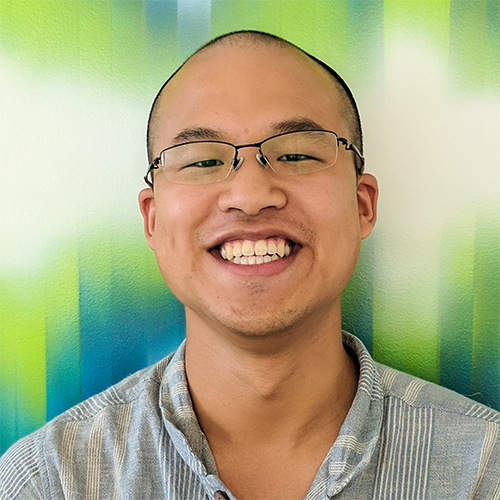
Lamtharn "Hanoi" Hantrakul was born and raised in Bangkok, Thailand and strives for technologies that are transcultural at heart. His work leverages an ongoing synthesis of Artificial Intelligence, Physics and Electrical Engineering, with artistic aesthetics in Music, Industrial Design and traditional cultures and crafts from Southeast Asia and beyond. He holds degrees from Yale University, in both Applied Physics and Music. He is finishing his studies at the Georgia Tech Music Technology Center to join the Google Brain team as an AI Research Resident focusing on the intersection of machine learning, culture and art generation.
https://lh-hantrakul.com/
